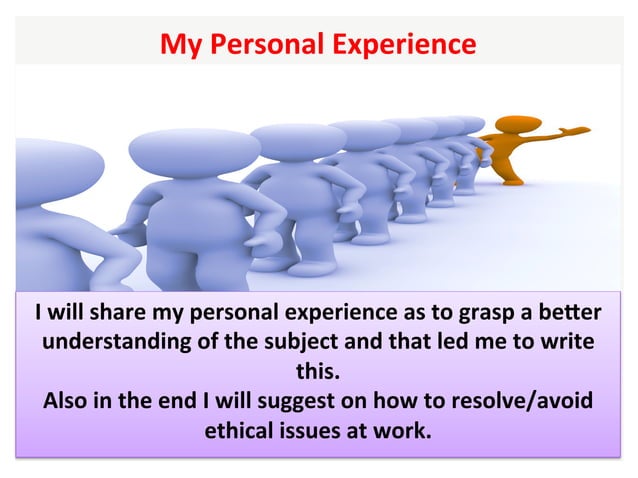

David Banting to develop the ethics course at Schulich Dentistry. As part of his studies, he worked with Dr. With a keen interest in bioethics, he knew that completing a master’s degree was the right road to take. Paul Morgan became even more important when he considered his next step. His own dental education experience and the valuable mentorship and learnings about ethics and professionalism from Dr. But at age 49, he was forced to leave his practice due to the development of an essential tremor. Getting to today, as a professor, bioethicist and educator has been an interesting journey for Dr. “When I see the students having an ‘aha’ moment and really starting to see the big picture, that’s the greatest reward for me,” he said. It’s even more satisfying to watch the growth of his students. Schwartz to have been part of creating a new component to the program.

“The School and Western are very progressive, and we’ve had some amazing deans who have been extremely supportive of this programming,” he said. Schwartz gives credit to the School for adapting the curriculum to include these courses. “When I see the students having an ‘aha’ moment and really starting to see the big picture, that’s the greatest reward for me.” -Dr. Mean-while, through standardized patient workshops, students practise encounters that bring to light legal responsibilities and communication dilemmas in challenging scenarios. Small group discussions take place covering topics such as the ethical treatment of staff and colleagues, boundary issues and advertising and marketing. The subjects of ethics and communications are integrated with regulations and guidelines affecting dental practice in the final year of study. And lecture topics focus on access to care, standards of care, dealing with error, and applied communications, to name a few. This year, the first- year class wrote about the mainstream and social media storm around Cecil the lion, who was hunted and killed by a dentist.īuilding on this, in second year, students focus on more specific subjects such as informed consent.īy third year, ethics and communication theory comes to life for students, as they are now interacting directly with patients in the clinic on a regular basis.Īdditionally, themes such as dentists in society, dentists as colleagues and dental research are explored.
Dr paul schwartz professional#
In one such project, students are challenged to consider how an action by a dental professional outside of the office may damage the reputation of the profession as a whole. The course offers the future dentists the opportunity to undertake three projects that involve real situations connected to the practice of dentistry, to study an ethics case, and to write a personal journal. The first-year course is introductory, and the goal is for students to begin applying critical thinking to different situations. He challenges these future dentists to begin to think more critically – something that doesn’t happen overnight for everyone. “When I arrive in the classroom on the first day of the first class in Year One, I ask the students to put their pens down, power down their laptops, open their minds, and start thinking,” said Dr. The courses have been designed to reflect where the students are with the rest of the studies, and whether or not they are engaging with patients and other health care professionals. It’s progressive and integrated, with each year building on the learnings from the previous year while incorporating other aspects of the curriculum. The curriculum, which is unique to Schulich Dentistry, aims to enhance the students’ education so that they will become well-rounded dental professionals.
Dr paul schwartz full#
Schwartz began nearly 14 years ago at Schulich Dentistry – with just three hours of classes focused on ethics and professionalism, communication, and dental jurisprudence – has developed into a full program with four courses offered to students in each of the four years of their dental education. Today, as an assistant professor teaching more than 100 hours of classes at Schulich Dentistry, he’s sharing all he learned from Dr. From communicating effectively and dealing with patients fairly to maintaining optimism he exemplified what being professional looked like to the young student. Morgan demonstrated the ‘bests’ of dentistry for the young student. “He did so to help keep me balanced and in a positive frame of mind – and I needed that.” “I’d be up to my elbows in a surgery or a procedure and he’d ask me this,” said Dr.

Barry Schwartz would hear from his mentor, Dr. It’s a question that, as a dental student, Dr. Big picture thinking By Jennifer Parraga, BA’93


 0 kommentar(er)
0 kommentar(er)
